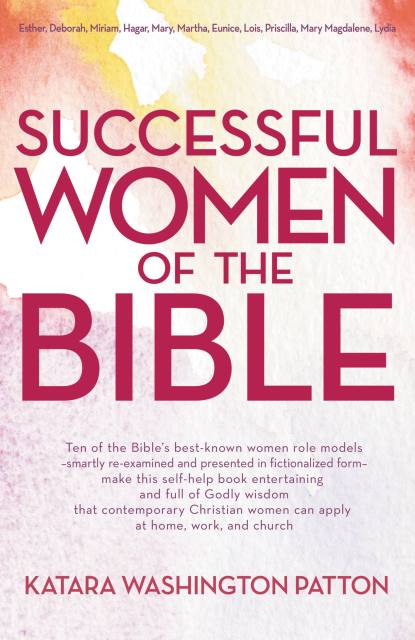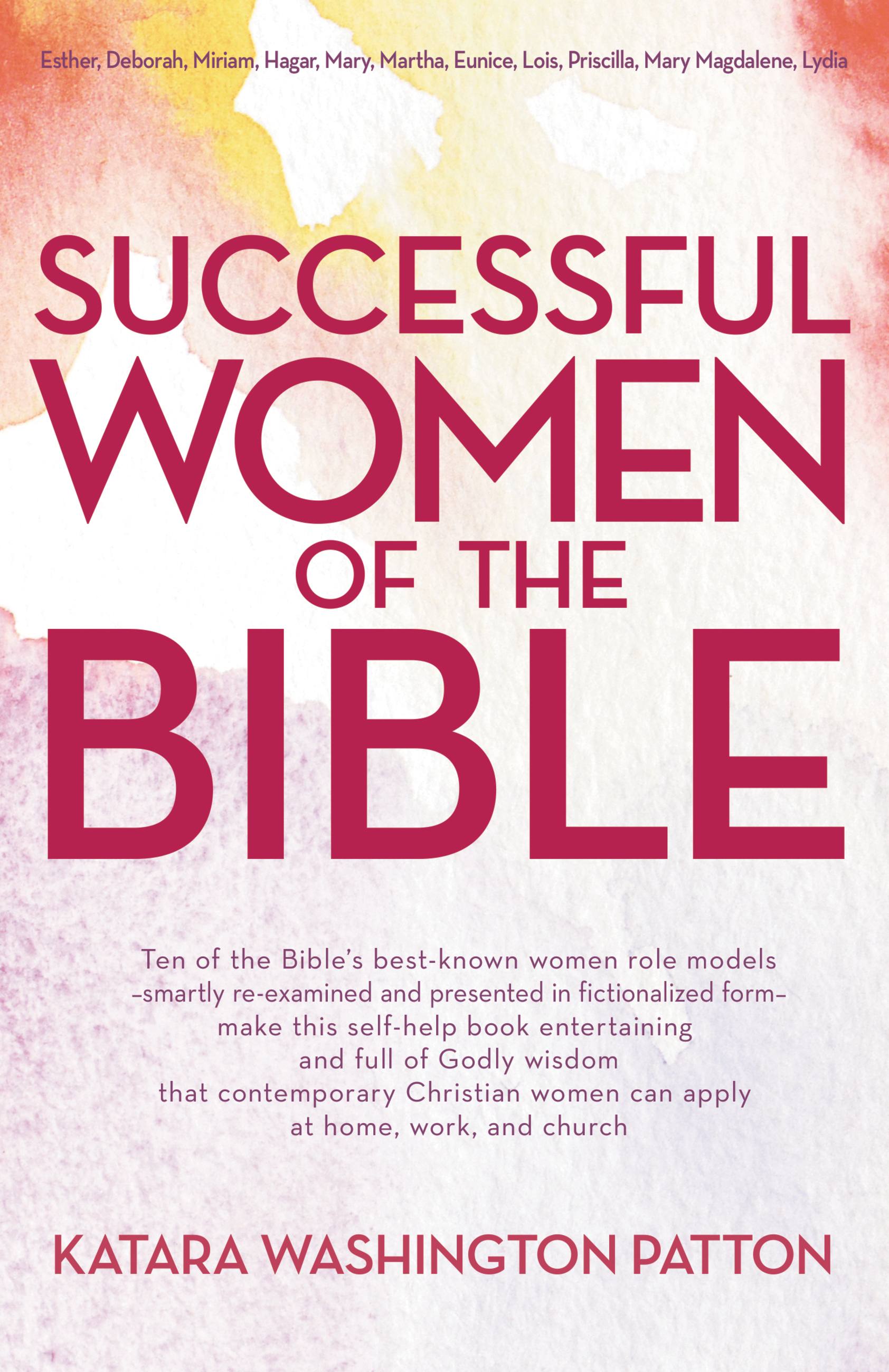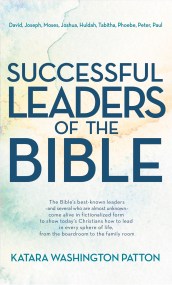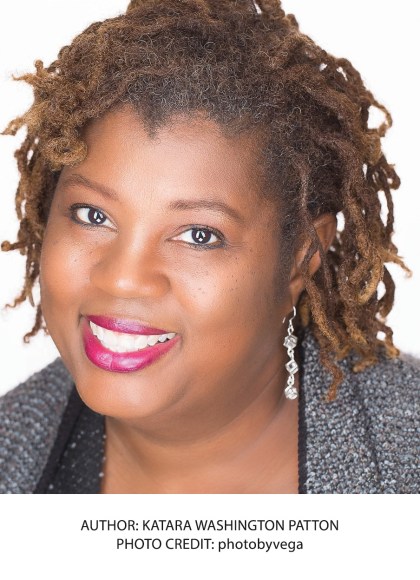Promotion
Use code MOM24 for 20% off site wide + free shipping over $45
Successful Women of the Bible
Contributors
Formats and Prices
Price
$9.99Price
$11.99 CADFormat
Format:
- ebook $9.99 $11.99 CAD
- Trade Paperback $19.99 $25.99 CAD
This item is a preorder. Your payment method will be charged immediately, and the product is expected to ship on or around August 23, 2016. This date is subject to change due to shipping delays beyond our control.
Also available from:
Contemporary “success” is often defined in financial terms or by number of Twitter followers. But for women of faith, success is so much more. And it turns out the timeless qualities of success are exemplified by women on the pages of their favorite book, the Bible. Deborah’s model leadership is just as relevant today as it was in the age of the Hebrew judges. Esther’s courage to stand up for a cause, Miriam’s joyful support of others, Priscilla’s exemplary partnership skill, Lydia’s business acumen, and other characteristics of women in the Bible are embodied in lively storytelling. Busy Christian women — often working and raising a family — crave examples of success. Here are distilled principles they can use to succeed in today’s noisy culture. The lessons of these icons of the faith apply, even in the age of Facebook and Instagram.
Genre:
- On Sale
- Aug 23, 2016
- Page Count
- 160 pages
- Publisher
- FaithWords
- ISBN-13
- 9781455538867
Newsletter Signup
By clicking ‘Sign Up,’ I acknowledge that I have read and agree to Hachette Book Group’s Privacy Policy and Terms of Use







